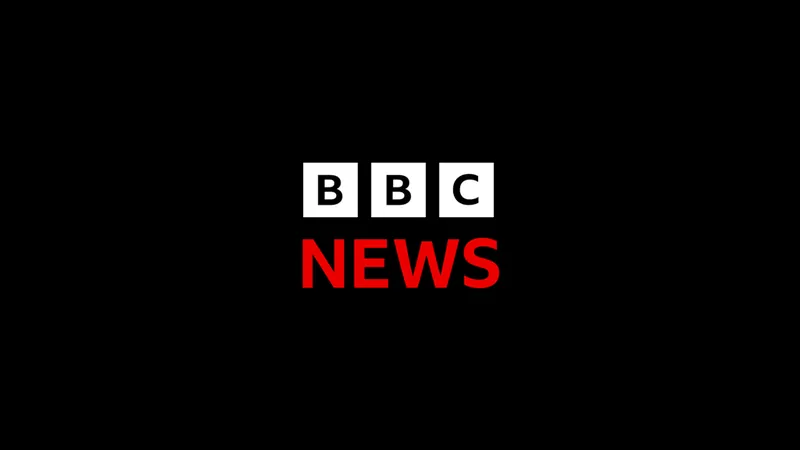
Justin Trudeau Resigns: A Political Earthquake in Canada
2025-01-06
Author: Ming
In a historic moment for Canadian politics, Prime Minister Justin Trudeau has announced his resignation, marking the end of a transformative era that began in 2015. Under his leadership, the Liberal Party not only bounced back from a decade-long slump but also won a majority, significantly altering the political landscape in Canada. Now, with ongoing challenges, the party must regroup and reinvent itself in the face of dwindling public support ahead of the next federal election.
Trudeau, the son of iconic former Prime Minister Pierre Trudeau, consistently positioned himself as a unifying force in a deeply polarized political environment. His resignation opens the floodgates for potential successors, with several prominent figures, including former British Columbia Premier Christy Clark and ex-Bank of Canada governor Mark Carney, already voicing their support and intentions to lead the party into a new chapter.
In her reaction, Clark emphasized the necessity for the Liberal Party to attract new members and take bold steps to rejuvenate its base, stating, “This is the biggest opportunity in over a decade that we've had to grow our Party.” Mark Carney's sentiments echoed similar themes of gratitude and future aspirations, proposing a path toward innovative governance.
The announcement of Trudeau's resignation also triggers a wave of reactions from the opposition. Jagmeet Singh, leader of the left-leaning New Democratic Party (NDP), didn't hold back in critiquing the Trudeau administration. Singh told reporters, "Trudeau's Liberals let down Canadians on key issues like housing and healthcare." The timing of his statements reflects the ongoing narrative surrounding their fractured relationship, born out of a previous coalition.
In a detailed press conference, Trudeau addressed his decision as a “necessary reset” for Canadian politics. Citing increased obstruction in Parliament and a lack of productivity, he expressed confidence that stepping down would lower tensions and facilitate a more constructive dialogue among lawmakers to tackle pressing issues such as climate change, healthcare, and economic recovery.
Trudeau indicated that the prorogation of Parliament until March 24 would allow time for the Liberal Party to choose a successor, emphasizing that the internal divisions must be addressed to provide Canadians with a viable option in the upcoming elections. He acknowledged his regret over not advancing electoral reform during his tenure, which he believes could have reduced societal polarization.
As he reflects on his time in office, Trudeau asserted that Canada is undeniably better off today than it was when he was first elected. He highlighted accomplishments like poverty reduction and economic growth, but acknowledged the "internal battles" within his party as a reason why he cannot continue leading into the next election cycle.
With an uncertain political future ahead, Trudeau remains optimistic, stating, “I’m excited for the process that will choose my successor. This country deserves a real choice in the next election.” His resignation not only reshapes the Liberal Party but also signals a critical juncture for all political players in Canada, as they prepare for a new climate of competition and change.
Stay tuned as Canada navigates this tumultuous political landscape under new leadership ambitions!

 Brasil (PT)
Brasil (PT)
 Canada (EN)
Canada (EN)
 Chile (ES)
Chile (ES)
 Česko (CS)
Česko (CS)
 대한민국 (KO)
대한민국 (KO)
 España (ES)
España (ES)
 France (FR)
France (FR)
 Hong Kong (EN)
Hong Kong (EN)
 Italia (IT)
Italia (IT)
 日本 (JA)
日本 (JA)
 Magyarország (HU)
Magyarország (HU)
 Norge (NO)
Norge (NO)
 Polska (PL)
Polska (PL)
 Schweiz (DE)
Schweiz (DE)
 Singapore (EN)
Singapore (EN)
 Sverige (SV)
Sverige (SV)
 Suomi (FI)
Suomi (FI)
 Türkiye (TR)
Türkiye (TR)
 الإمارات العربية المتحدة (AR)
الإمارات العربية المتحدة (AR)